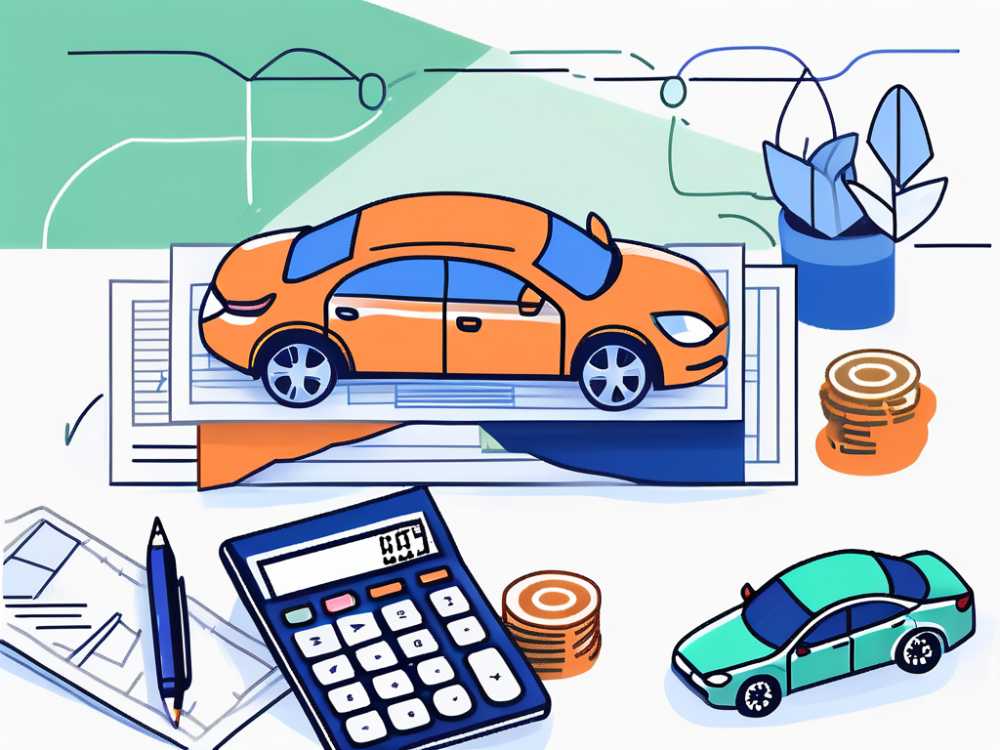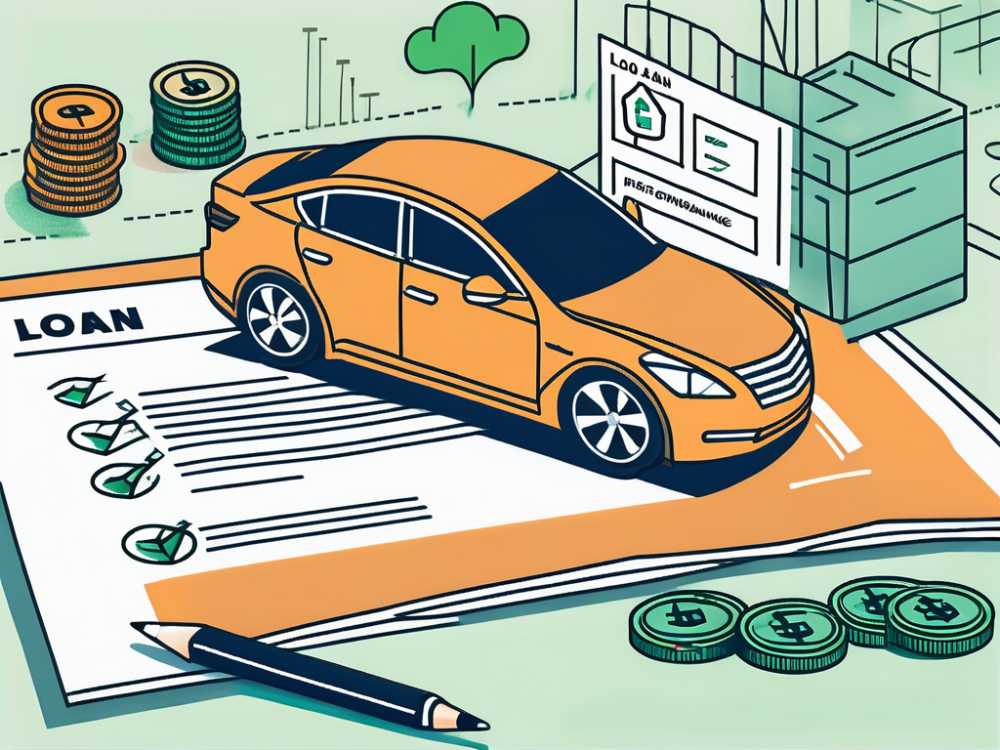Refinancing a car loan can be a significant financial decision that many vehicle owners contemplate. While it can lead to lower payments and potentially save money, it is crucial to understand both the advantages and disadvantages before making a move. This article delves into what car loan refinancing entails, the benefits it may offer, the pitfalls one should be aware of, and factors to consider when deciding if refinancing is the right choice.
Understanding Car Loan Refinancing
What is Car Loan Refinancing?
Car loan refinancing is the process of taking out a new loan to pay off an existing auto loan. This new loan comes with different terms, which might include a lower interest rate, a different loan duration, or even a different lender. People often seek refinancing to secure better financial terms based on their current economic circumstances or changes in the market.
Essentially, refinancing allows borrowers to zero in on their financial goals and possibly improve their loan conditions, which makes it a popular option for many car owners. It’s important to note, however, that entering this process requires a good understanding of your current loan terms and the potential changes that a new loan would bring.
How Does Car Loan Refinancing Work?
The car refinancing process usually begins with evaluating your current loan and finances. You'll want to shop around for better rates or terms from various lenders. Once you find a potential lender, you can submit an application for a new loan.
Upon approval, the lender will pay off your existing loan directly, and you will start making payments on the new loan based on its terms. This may involve a fresh credit check, which means your credit score could impact the new loan's interest rates and terms.
The Benefits of Refinancing Your Car Loan
Lower Interest Rates
One of the primary reasons individuals choose to refinance their car loans is to benefit from lower interest rates. If you obtained your original loan when interest rates were higher, or if your credit score has improved since then, a refinance may provide access to a more favorable rate.
Reduced Monthly Payments
Alongside lower interest rates, car loan refinancing can lead to reduced monthly payments. By extending the term of the loan, you can spread out the repayment over a longer period, resulting in lower monthly obligations.
Improved Credit Score
For those who have improved their credit score since taking out their original car loan, refinancing can further benefit their financial standing. A higher credit score can qualify you for better loan terms, which can lead to enhanced borrowing power and lower interest rates.
The Downsides of Refinancing Your Car Loan
Potential for Longer Loan Terms
While extending loan terms can result in lower monthly payments, it can also mean paying more in interest over the loan’s lifespan.
It’s essential to weigh these factors carefully—what feels like immediate relief could be a long-term financial burden.
Possible Refinancing Fees
Another important consideration is whether refinancing comes with fees. Many lenders charge fees for processing a new loan, including application fees and prepayment penalties on the original loan.
Risk of Underwater Loan
A potential danger of refinancing is ending up with an underwater loan, where you owe more on the vehicle than it is worth. This situation can happen if the car’s depreciation rate exceeds the loan balance reduction.
Factors to Consider Before Refinancing Your Car Loan
Current Financial Situation
Your current financial status plays a pivotal role in determining whether refinancing is the best option. Analyze your income, expenses, and debt obligations to ensure that refinancing will improve your financial situation rather than complicate it.
The Condition and Age of Your Car
The age and condition of your vehicle are crucial factors to consider when contemplating refinancing. Newer cars typically retain their value better than older models. If your car is significantly depreciated, refinancing might not yield meaningful benefits and may even risk leading to an underwater loan.
The Current State of the Auto Loan Market
The automotive loan market can experience fluctuations in interest rates and terms. Monitoring the current state of the market can provide insights into whether now is an advantageous time to refinance.
In conclusion, refinancing a car loan can provide numerous benefits, from lowering monthly payments to improving credit scores. However, it is important to consider potential downsides, such as long-term costs and market conditions. By taking these factors into account, borrowers can make well-informed decisions about refinancing their car loans.






